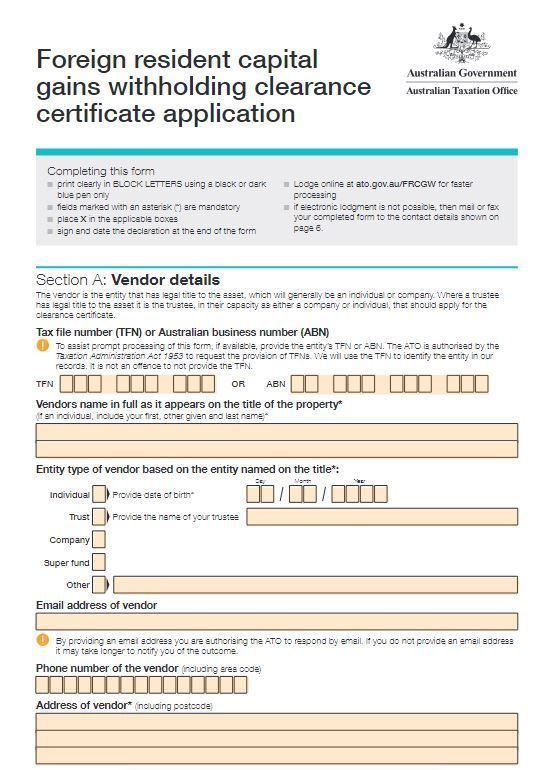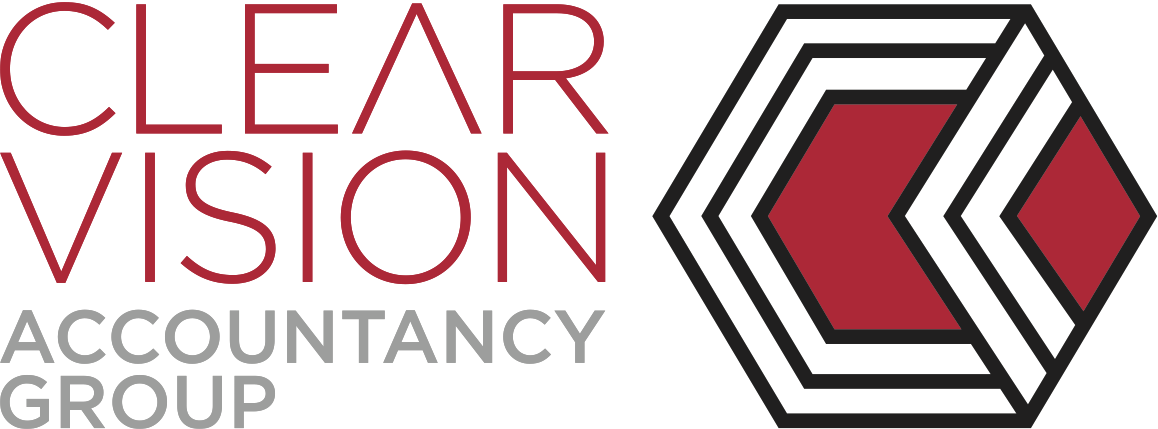Blog Layout
ATO Lodgment Dates December 2022 & January 2023
Caroline Gillies • December 2, 2022
21 December
- Lodge and pay November 2022 monthly business activity statement.
21 January
- Lodge and pay December 2022 monthly business activity statement except for business clients with up to $10 million turnover who report GST monthly and lodge electronically.
28 January
- Make quarter 2, 2022–23 super guarantee contributions to funds by this date.
Employers who do not pay minimum super contributions for quarter 2 by this date must pay the super guarantee charge and lodge a Superannuation guarantee charge statement by 28 February 2023.
Note: The super guarantee charge is not tax deductible.

By Caroline Gillies
•
March 27, 2025
As the end of the financial year approaches, many Australians are looking for ways to reduce their tax burden, and one effective strategy is contributing to superannuation. Paying into super can help reduce your taxable income while also boosting your retirement savings. One of the most beneficial options is to take advantage of carry-forward contributions , which allow you to use unused concessional caps from previous years. How Super Contributions Reduce Tax Contributing to your super fund can lower your taxable income, as concessional contributions (before-tax contributions) are taxed at a lower rate of 15%, rather than your marginal tax rate. This means that if you’re a high-income earner, salary sacrificing or making personal deductible contributions can significantly reduce your tax bill. The concessional contribution cap increased on 1 July 2024 to $30,000, which includes employer contributions, salary sacrifice, and personal contributions for which you claim a tax deduction. Carry-Forward Contributions The carry-forward contributions rule allows you to use unused concessional contribution caps from previous years. You can carry forward unused caps for up to five years . For instance, if you didn't reach the $27,500 cap in past years, you can make larger contributions this year by carrying forward the unused portion. Which Financial Year is About to Drop Off? As the 2024-25 financial year ends, unused caps from 2019–2020 will drop off on 30 June 2025. This means any unused contribution space from that year won’t be available after this date. If you haven't maximised your contributions in previous years, now is the time to catch up. Benefits of Carrying Forward Contributions Maximise Super Savings: You can top up your super by using unused cap space from previous years. Tax Reduction: Making larger concessional contributions can reduce your taxable income and save on tax. More Growth: Additional contributions allow for greater compounding growth in your super. Things to Remember To carry forward unused caps, your super balance must be less than $500,000 . If you exceed the concessional cap, excess contributions are taxed at your marginal rate plus an additional 15% penalty. Contributions must be made by 30 June 2025 to count towards this financial year. If you would like to take advantage of the carry-forward contributions before 30 June 2025 and need help, call us today at 4688 2500 to make an appointment.

By Caroline Gillies
•
February 9, 2025
The metaphors we use when talking about money are both intriguing and revealing. When we overspend, we say we're "bleeding" cash; when it arrives out of the blue, it's "pennies from heaven." Money holds such importance in our lives, yet so many businesses seem to throw it around without a clear budget. Sticking to a budget is a fundamental aspect of financial health. It also signals to others that you're in control and on top of things. Keeping your business on budget doesn’t have to be a hassle—think of it as a creative challenge. If you're open to putting in the work and making some tough choices, sticking to a budget can be the best workout for your business mind. Do you know how to build a budget that keeps your business safe from financial troubles? We do, and we’re here to help you create a budget that works—and ensures you stick to it. If you need help with your budget give us a call today 4688 2500.

By Caroline Gillies
•
January 16, 2025
From 1 January 2025 all Australians selling property need a clearance certificate to prevent a portion of the sale price from being withheld. While it is understood that most lawyers are handling this process for their clients, it’s important for everyone involved to be aware of this requirement. Clearance certificates for Australian residents All Australian residents (for tax purposes) selling or disposing of Australian real property (property) must have a clearance certificate and give it to the purchaser at, or before settlement. Without a clearance certificate, the purchaser must withhold up to 15% of the sale (or market value if not sold at arm's length) for foreign resident capital gains withholding (FRCGW) purposes. Example: the importance of getting a clearance certificate early – 15% withheld from sale Willow and Stanley are Australian residents for tax purposes. On 1 September 2024 they decide to sell their family home, their main residence. They need the funds from the sale to purchase a new residence. They are both listed as owners of the property on the certificate of title, so both must apply for their own clearance certificate. They find a purchaser on 8 January 2025 and sign the contract of sale, with a settlement 30 days later on 6 February. They don’t apply for a clearance certificate until 15 January and don't have both of their clearance certificates at, or before settlement. The property sold for $600,000, however: • Willow's clearance certificate issued and was given to the purchaser • Stanley was still waiting for his clearance certificate. The sale goes through and settlement occurs. As Stanley didn't have a clearance certificate at settlement, 15% of Stanley's share of the sale ($90,000) must be withheld by the purchaser and paid to us. Stanley must wait until his 2025 tax return is lodged and processed for a refund. As the purchaser had received a clearance certificate from Willow, there's no withholding required on her share of the sale. (Example provided by the ATO website) If you would like to read more about Clearance Certificates, please click on the below link: https://www.ato.gov.au/individuals-and-families/investments-and-assets/capital-gains-tax/foreign-residents-and-capital-gains-tax/foreign-resident-capital-gains-withholding/australian-residents-and-clearance-certificates#ato-ClearancecertificatesforAustralianresidents
The Mills Precinct Building 3
Ground Floor 275 Ruthven Street, Toowoomba Qld 4350
Phone: (07) 4688 2500
E-Mail: enquiries@cvaccountancy.com.au


